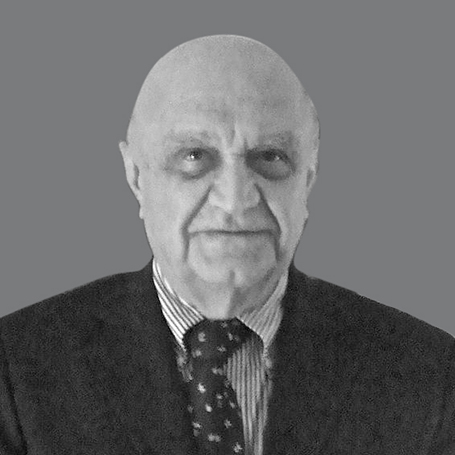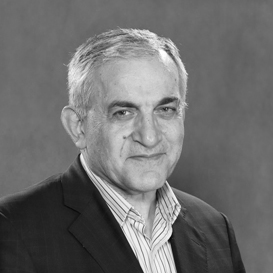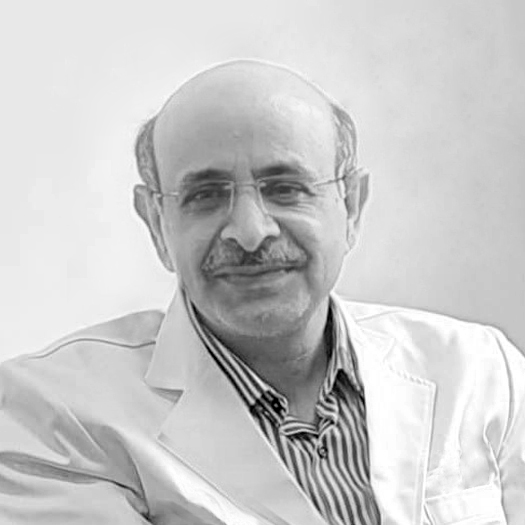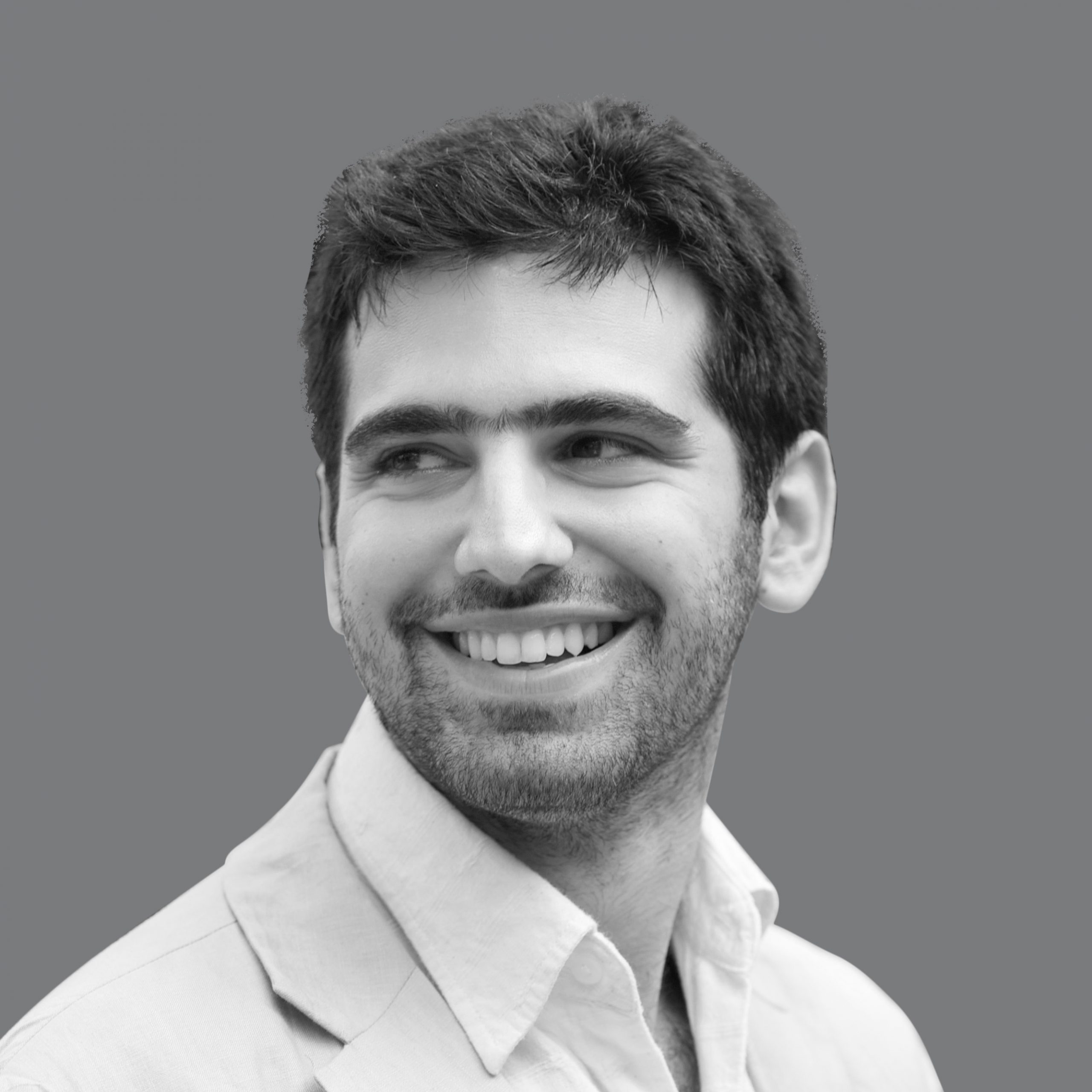Who we are?
We are a group of specialists concerned on improving survival and quality of life of patients and families affected with hereditary/familial cancers.
Dr Farrokh Saidi
Professor of Surgery at Pahlavi University, Melli University and Shahid Beheshti University of Medical Sciences
Dr Naser Ebrahimi Daryani
Professor of Gastroenterology and Hepatology, Tehran University of Medical Sciences
Psychosomatic Medicine Research Center, Imam Khomeini Hospital
Dr Mohammad Sadegh Fazeli
Professor of Colorectal Surgery, Tehran University of Medical Sciences
The member of the Board of General Surgery, Imam Khomeini Hospital
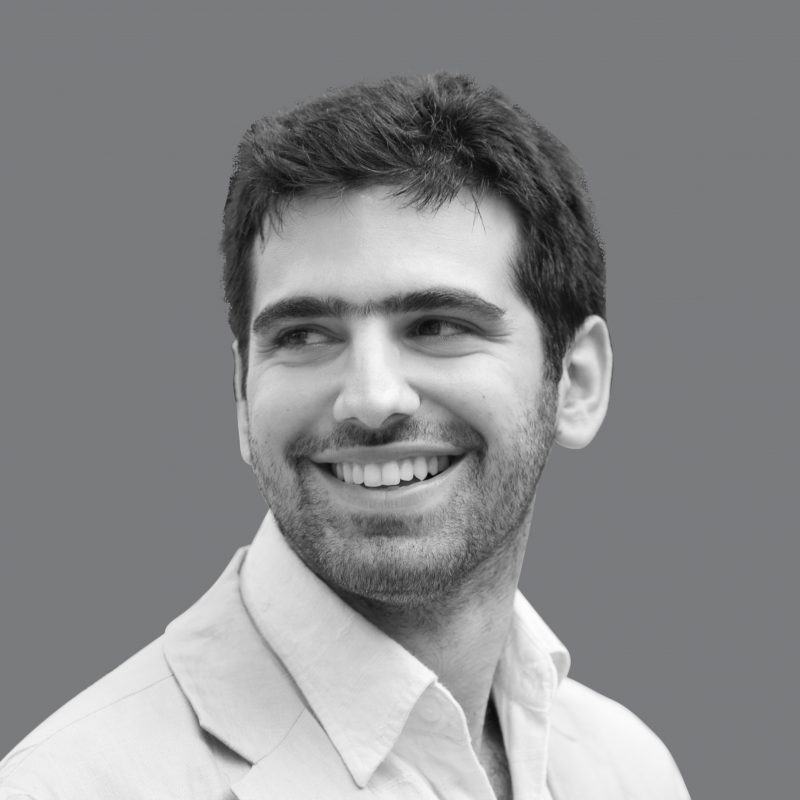
Dr Massih Bahar
The Member of Consulting Team of Colorectal Cancer, Imam Khomeini Hospital
Director at Familial and Hereditary Cancers Institute
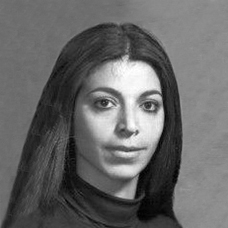
Dr Simindokht Ehsasi
Founder and Technica Specialist, Bahar Medical diagnosis Laboratory
Technical Specialist, Bahar Afshan Research and Development institute
What was the problem?
Through our practice over many years, we have encountered numerous cases of familial cancers. After receiving their initial treatment, for their problem at the time, almost all of these patients were lost to follow-up. We believe that these patients would greatly benefit from active follow-up and consistent support; and further educating and surveilling their families would reduce cancer burden.

 فارسی
فارسی
